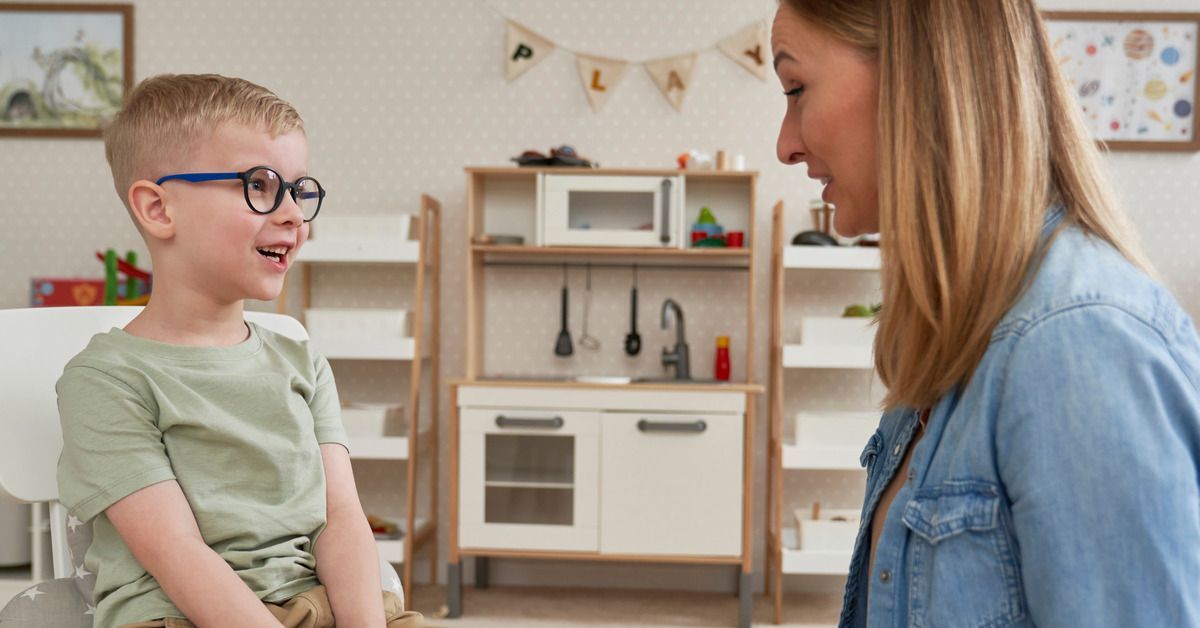4 Ways To Build Trust Between You and Your Child With Autism
As a parent, you may think you and your child have a great relationship. However, some children with autism can be more withdrawn than others, which can be concerning for some parents. You want the best for your child, and sometimes the best way to start forming a better relationship is by engaging with your child and building a newfound trust and understanding.
With a careful approach, here are four ways to build trust between you and your child with autism.
Acknowledge Their Feelings
Our children are complex, tiny human beings with real emotions. When your child engages in “undesirable” behaviors, it’s natural for us to want them to stop. However, try to understand how they feel instead of disciplining them or blaming them for their actions.
Acknowledging your child’s feelings and responding empathetically will form a loving and trusting relationship between you. Your child will feel more open to expressing themselves to you without feeling afraid or ashamed.
Be Straightforward About Plans
Being upfront about plans is another great way to build trust between you and your child with autism. Never make plans behind their back or sugarcoat the truth. Tell your child where you both are going, the duration you’ll be there, and what’s going to happen. Give them as much detail as possible to prevent any surprises. If there’s a change of plans, make sure you’re clear about the reasoning and always validate their feelings.
Get To Know Their Interests and Engage
Some children with autism have restricted interests or activities they’re passionate about. Although exposing your child to more activities and interests is important, homing in on their favorite topic will help them become more comfortable talking about it or showing it off to peers and family members.
Show genuine interest by asking questions and engaging in conversation. For example, if your child is really into dinosaurs, watch documentaries with them or read books to them to show your support and interest in learning more about them.
Allow Them To Have Some Control
Allowing your child to have choices and giving them a say in activities, meals, or schedules will help build a trustworthy and open relationship. As parents, we believe we know what’s best for our children, but we don’t live their day-to-day lives. While some choices are nonnegotiable, such as going to school or doctor appointments, allowing them to decide on their outfits or food choices will give them some independence.
If your child was recently diagnosed, we understand that this journey is new and may have a few bumps along the way. At HANDS Center for Autism, we offer parent education for autism courses to help you navigate your new normal. We will provide support and advice to ensure that your child is on the road to success. If you’re interested and have any questions, feel free to contact us!







